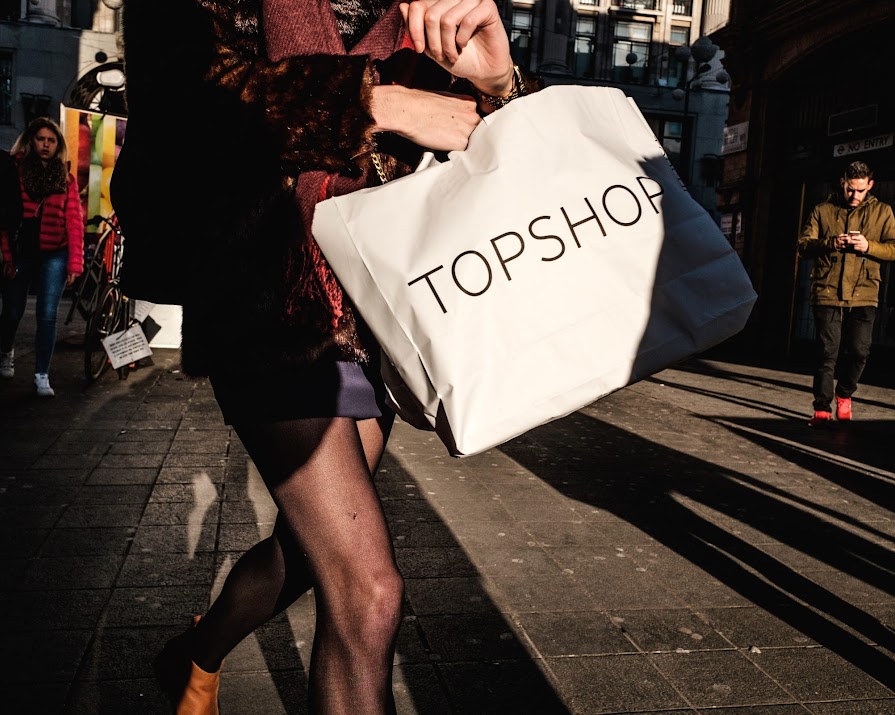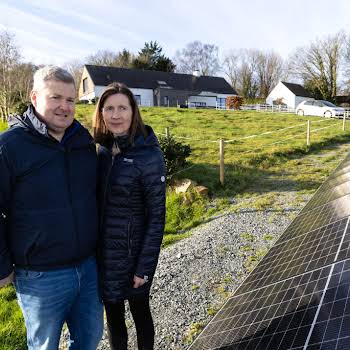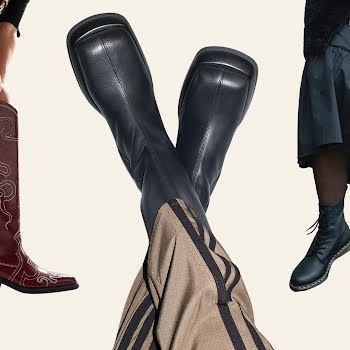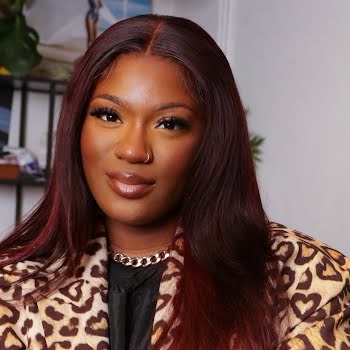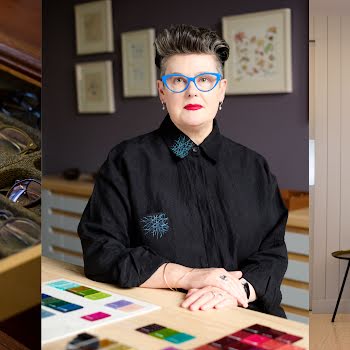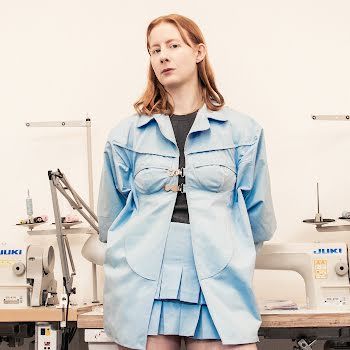By Hannah Hillyer
09th Jan 2019
09th Jan 2019
We talk about sustainability a lot at IMAGE. In fact, we’re so passionate about it we had our first ever sustainability month in September, and had IMAGE KeepCups made for the entire team.
As a female led, and female read publication we talk about fashion, a lot. I have been fascinated in 2018 to hear of different initiatives and brands paving the way for sustainability in the industry. We’ve also discussed shopping habits and fast fashion in depth and how we can make changes to fight this.
Listening to a favourite podcast a few months ago, The High Low, they mentioned the idea that sustainability in fashion is a class issue. As I have been trying to change my own shopping habits, this has been on my mind ever since, as it rings true.
Is sustainability a class issue?
As we have discussed sustainable brands a lot here in IMAGE, we now know there are lots out there to choose from. However, when I look over these brands, what is glaringly obvious is the price-point. Shopping sustainably is not cheap, and why should it be you ask? When choosing eco-fashion we are looking for;
- materials that are sourced sustainably
- the production is not harmful to the planet
- long-lasting, quality design
As you can imagine producing garments that meet these standards comes at a price. The opposite, fast-fashion, can sell us cheaper clothing simply because it doesn’t do any of the above, which is why it doesn’t come with a hefty price-tag.
Why we shouldn’t judge
With sustainability becoming part of the everyday fashion vocabulary it can be easy to get up in arms about it. We should be particularly wary of this, as sitting on a high horse shouting about sustainability will not change the industry.
Personally, I very rarely buy cheap clothes anymore, but after picking up a killer red leopard print dress for a song a few months ago, I felt a bit guilty every time someone complimented it. I found myself barking ‘I don’t usually shop there’, not out of snobbishness but more the need to express I don’t agree with the fast-fashion mentality of certain shops. Really, I was kidding myself as although cheap clothing is not something I buy regularly, I will pick up cheap essentials like everyone else; tights, socks, underwear etc.
What we need to be aware of is that not everyone can afford to boycott fast-fashion, even if they want to. Imagine buying clothes for a family of five sustainably? Of course people are still going to shop cheaply and this is not what we should judge. Instead we need to change the culture of how we shop, and be harsher on the practices of the retailers selling to us.
How can we change?
The answer to the sustainability question lies in our shopping habits. These are greatly influenced by the media and advertising constantly making us feel we need to buy more. Sadly, inadequacy is a powerful selling tool.
This is particularly obvious in young women buying from online shops that predominantly sell what I call the ‘going out-out outfit’. Cheap, poorly made dresses that are ordered Monday, delivered Thursday, worn on Friday night, uploaded to Instagram on Saturday and cast aside on Sunday. If you follow any number of women on Instagram between the ages of 18-25 you’ll know exactly what I mean, this cycle of consumption is so obvious.
The culture of influencers does nothing to help this either, as many are posting new outfits every other day, driving the desire for more, more, more. Some bloggers to note, are making positive changes in this regard, The Frugality and Katherine Ormerond are two personal favourites. The latter has just announced she’ll be posting and wearing no pictures of her in new clothes for the next four weeks, instead she’ll be styling items she already owns, tagging it #thisoldthing. This idea of shopping within your own wardrobe is not exactly revolutionary, but something we could all do more often and is a positive step.
?utm_source=ig_web_button_share_sheet ?utm_source=ig_web_button_share_sheet
Practical steps towards being more sustainable
- shop your own wardrobe (see above)
- set up a swap-shop at work- we did one here in IMAGE in September and it was a roaring success
- gift unwanted clothing to friends and siblings- I do this a few times a year
- shop secondhand- @sustainablefashiondublin hosted their first charity shop crawl earlier this month which was a sell-out success
- for kids: whatever happened to hand-me-downs? They grow so fast that most garments are hardly worn by the time they’ve grown out of them, so pass them on to a friend or neighbour rather than let them go to waste
- look after your clothes: invest in good quality hangers, wash them less regularly (we all wash our clothing too much) and wash at a colder temperature of 30°
- identify ‘gaps’ in your wardrobe and save up for better quality pieces that are classic staples
Going forward in 2019
We’re not saying you should never shop in high street retailers ever again, but perhaps stop with the impulse buying before the weekend. Instead of purchasing that one €20 top every other week buy one good quality piece a month, or even better, every two/three months. In the UK alone people are purchasing twice as many items as they were 10 years ago. I am no angel, I have two wardrobes stuffed with clothes and I love to shop. However, I do tend to wear my clothes to death and will re-visit pieces year on year. The key is really to buy less, but better quality and wear for longer.
Following on from Stacey Dooley’s enlightening documentary earlier this year, Fashion’s Dirty Secrets, we already know that fashion is one of the highest polluting industries in the world, just behind oil. Unfortunately, even this knowledge doesn’t change habits or the fact that it’s hard to shop sustainably. Not everyone can afford to make the eco-friendly choice and will shop within their budget.
If we continue to consume the way we are, retailers will continue to pollute. Until retailers are left with no other choice than to source and produce ethically, there is not much we can do but change the system from the bottom up by choosing to buy less and make some of our own small changes. Now doesn’t that seem like the most selfless resolution for 2019?
Header Image: Unsplash.com











